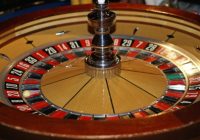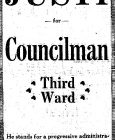|
Listen to this Gambling History blog post here
Getting your Trinity Audio player ready...
|
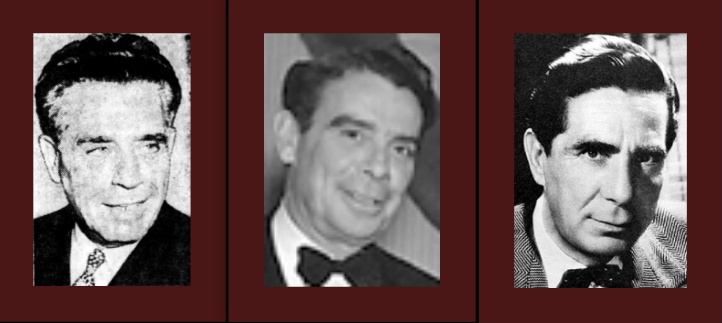
From left to right, Mert, Lou and Al Wertheimer
1907-1958
Wertheimer was their name. Three of these four Michigan-born brothers became full-fledged, successful gambling operators in the first half of the 1900s, their reach spanning five states: Michigan, Ohio, Florida, California and Nevada.
“As gamblers, Al, Mert and Lou became almost as well-known Detroiters as the automobile pioneers. However, the only thing the Wertheimers built was their reputation as being fabulous spenders and operators of plus gambling establishments here and in other cities,” wrote Ken McCormick in the Detroit Free Press (June 9, 1953).
The brothers, from eldest to youngest, and their birthdates were:
Myrton “Mert” June 12, 1884
Louis “Lou” September 19, 1887
Alfred “Al” John January 30, 1889
Lionel Abraham May 30, 1890 (he wasn’t involved in gambling)
Today, Mert’s 136th birthday, we take a chronological look at most (20) of the threesome’s gambling enterprises over five decades.
1900-1910s
The Wertheimers began their careers with offering illegal gambling in Cheboygan, their hometown, using billiards/pool halls as their front.
In 1907, Al and Lou opened and operated the New Cheboygan Billiard & Pool Hall, renaming it the Model Billiard & Bowling Parlor a year later. After a 1911 fire there, Al moved to Detroit; Mert went, too, in 1915. Lou stayed put until 1925.
1920s
Mert and Al spent this decade plying their unlawful trade at various venues, mostly in Detroit. Later in the decade, though, Lou and Al opened a club in Cleveland, Ohio. Because police raids of their unlawful businesses were frequent, the gamblers simply packed up and opened elsewhere.
Grand River Athletic Club, Detroit, Mich. Mert and Al opened this bowling, billiards/pool and gambling club in 1922.
Monte Carlo, Detroit, Mich. Mert ran this club of his from 1922 to 1927.
Colonial Billiard Parlor, Detroit, Mich. Mert and his friend, Raymond Reuben “Ruby” Mathis, opened the Colonial in 1923.
Park Avenue Health Club, Detroit, Mich. One of Al’s gambling enterprises, run out of the Charlevoix Hotel starting in 1923.
Shawnee Club, Cleveland, Ohio. Al and Lou launched the Shawnee in 1925 with the county sheriff’s blessing despite gambling being illegal in the state. A public official closed the club in 1931.
Aniwa Club, Detroit, Mich. Al’s project starting in 1929, this was the Wertheimers’ first high-class nightclub, offering fine dining, dancing and entertainment. After numerous raids for alcohol and gambling, both illegal, he changed the club to members only.
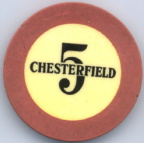 Chesterfield Club, Detroit, Mich. Mert partnered and co-ran the club with Detroit gamblers Lincoln Fitzgerald and Danny Sullivan. The trio operated as the Chesterfield Syndicate with Mert in charge and Fitzgerald second in command. Consequently, that trio would be convicted in 1946 of illegal gambling there, in Macomb County.
Chesterfield Club, Detroit, Mich. Mert partnered and co-ran the club with Detroit gamblers Lincoln Fitzgerald and Danny Sullivan. The trio operated as the Chesterfield Syndicate with Mert in charge and Fitzgerald second in command. Consequently, that trio would be convicted in 1946 of illegal gambling there, in Macomb County.
The syndicate operated with the permission of the Purple Gang, which controlled the Chesterfield and other gambling operations. Another set of brothers, the Bernsteins — Abraham/”Abe,” Joseph/”Joe”, Raymond and Isadore/”Izzy” — led this violent group, also involved in bootlegging, murder, extortion, armed robbery and kidnapping.
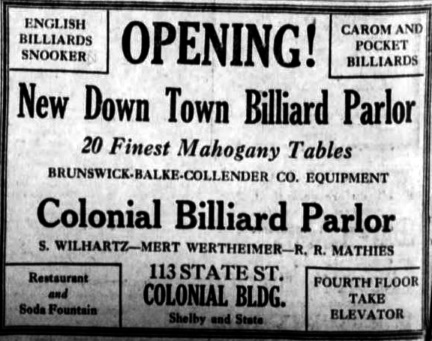
Colonial Billiard Parlor
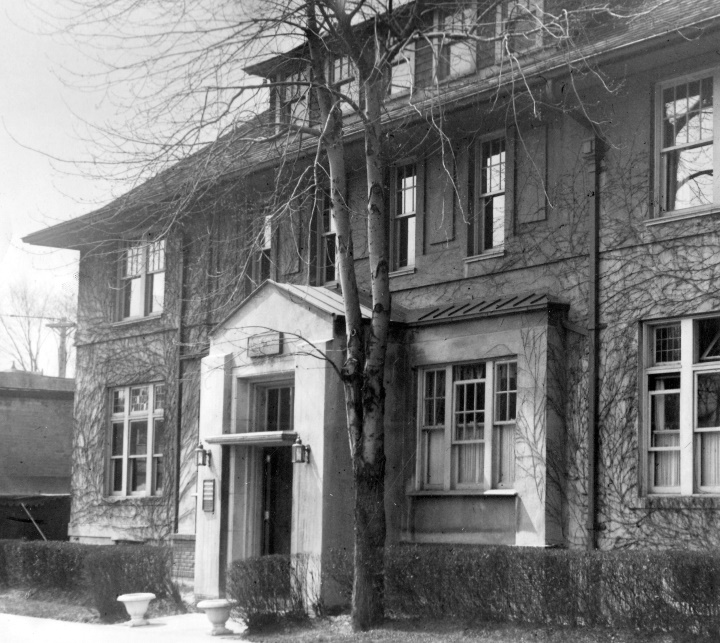
Aniwa Club
1930s
During this decade, Mert moved to South Florida, and Al and Lou relocated to Southern California. Then, casino gambling in Florida was illegal as were banking* and percentage** games in California.
Beach and Tennis Club, Miami, Fla. For the upper class, Mert opened this place in 1931 in The Shadows mansion formerly of Carl G. Fisher. It offered dining, dancing, illegal gambling and illegal alcohol, no tennis.
Clover Club, West Hollywood, Calif. Al and Lou’s first gaming establishment in California, they ran it from 1933 to 1936.
Dunes, Cathedral City, Calif. Al and Lou opened it in 1936 on 20 acres just outside Palm Springs. Al closed it in 1941.
Colonial House, Palm Springs, Calif. Al aimed to capture the elite as customers with its 1937 debut. “This one masqueraded as a ‘private hotel,’ but just about everyone in town knew there was a secret staircase hidden behind a cupboard in the pantry that led to an underground casino, bar and bawdy house,” Bob Schulman wrote in the HuffPost (May 15, 2013).
Royal Palm Club, Miami, Fla. Miami city councilman Arthur Childers owned the club, and Mert operated its gambling starting in 1937.
Kaufman’s Plantation, Hallandale Beach, Fla. Mobsters Vincent “Jimmy Blue Eyes” Alo, Julian “Potatoes” Kaufman and Meyer Lansky owned the casino, which Mert helped run beginning in 1939.
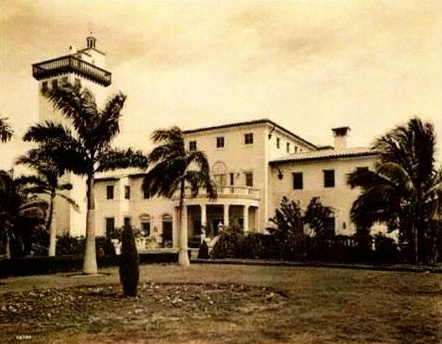
Beach and Tennis Club
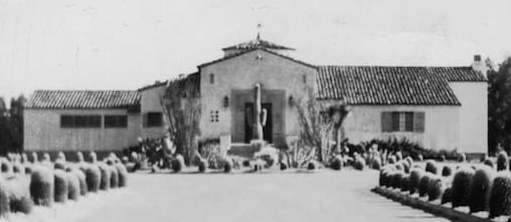
Dunes
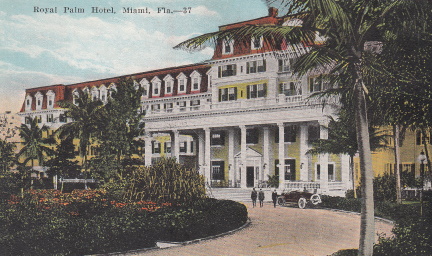
Royal Palm Hotel
1940s
This decade took Mert and Lou to Reno, Nevada, where gambling had been legal since 1931, while Al remained in California.
Bonanza Club, Reno, Nev. Lou bought into the business in 1944 and ran it until the Mapes’ 1947 debut.
Colonial Inn, Hallandale Beach, Fla. Mert was involved with this Lansky-owned property only for the 1945 winter season.
Robbin & Robbin / Nevada Club, Reno, Nev. Around 1945, Mert, Fitzgerald, Sullivan and Mathis wormed their way into and took over Robbin & Robbin, renaming it the Nevada Club afterward.
Mapes, Reno, Nev. Lou and partners, Bernard “Bernie/Mooney” Einstoss, Frank Grannis and Leo Kind, leased and ran this hotel’s casino starting in 1947.
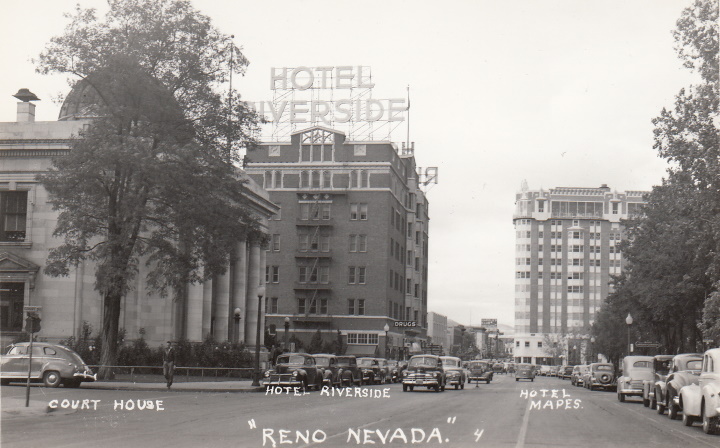
Mapes and Riverside hotels
1950s
This decade marked the end of the Wertheimer brothers’ gambling involvement and their lives.
Riverside, Reno, Nev. Mert took over the lease and operation of this hotel’s gambling concession in 1950. In 1951, Lou joined Mert at the Riverside and worked alongside him for a few years.
Al passed away in 1953 at age 64.
In 1955, Mert, Mathis and others bought the entire Riverside property from George Wingfield. In 1958, Lou died at 70 then Mert followed two months later at 74.
——————————————
*Banking games = those in which bets are placed against a house, bank or dealer
**Percentage games = banking games with relatively disproportionate odds

